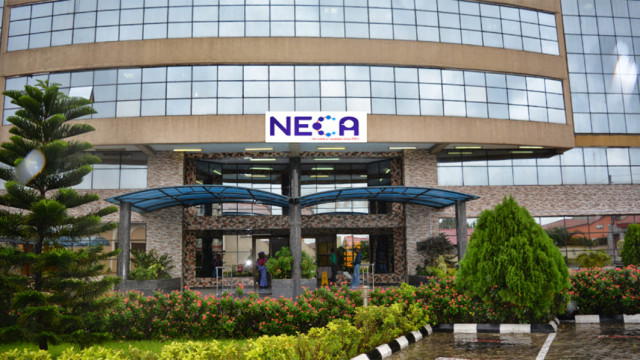The Nigeria Employers’ Consultative Association (NECA) has expressed its worries regarding the newly implemented 4 percent Customs Administration Charge on the Free on Board (FOB) value for imports, cautioning that it could increase duty payments by 80 percent for industries that depend on imported raw materials.
The association indicated that this policy would substantially raise production expenses and diminish competitiveness. NECA further highlighted that, as outlined in the Nigeria Customs Service Act, 2023, the levy is projected to add N2.84 trillion in costs to Nigeria’s annual imports, estimated at N71 trillion.
The Director-General of NECA, Adewale-Smatt Oyerinde, cautioned that the aftereffects would be severe, resulting in higher inflation, escalating poverty levels, and a compromised investment environment.
He pointed out that this new charge contradicts the current tax reform initiatives spearheaded by the Presidential Fiscal Policy and Tax Reforms Committee, led by Taiwo Oyedele, which seeks to harmonize taxes and promote business sustainability.
Oyerinde remarked that while businesses are advocating for a streamlined tax framework, this levy undermines reform efforts and sends a discouraging message to investors. He emphasized that the policy is counterproductive and directly opposes the government’s Ease of Doing Business initiative.
Oyerinde highlighted that even though revenue generation is crucial, imposing this levy amidst ongoing economic difficulties is poorly timed and harmful to businesses and the populace. He reiterated that Nigeria’s business climate is already encumbered by numerous taxes, inconsistent policies, and economic challenges.
He warned that with escalating unsold inventories and rising unemployment, policies should support business activities instead of hindering them.
“This extra financial pressure on businesses reliant on imports will heighten production expenses, drive inflation, and jeopardize employment. Ultimately, consumers will face the consequences of increased prices, exacerbating an already tumultuous economic situation,” he remarked.
Oyerinde also criticized the government’s emphasis on revenue collection at the cost of trade facilitation and economic development.
He stated that while the government may reach its revenue targets, the unforeseen ramifications could be severe, leading to higher product costs, business closures, increasing unemployment, and worsening financial strain for countless citizens.
NECA has, however, called for an immediate withdrawal of the levy and urged the government to collaborate with stakeholders to devise a more sustainable and business-friendly revenue generation strategy.
The association underscored the need for prompt actions to alleviate the financial strain on businesses and citizens instead of enacting policies that could exacerbate economic difficulties and hinder business growth.




















